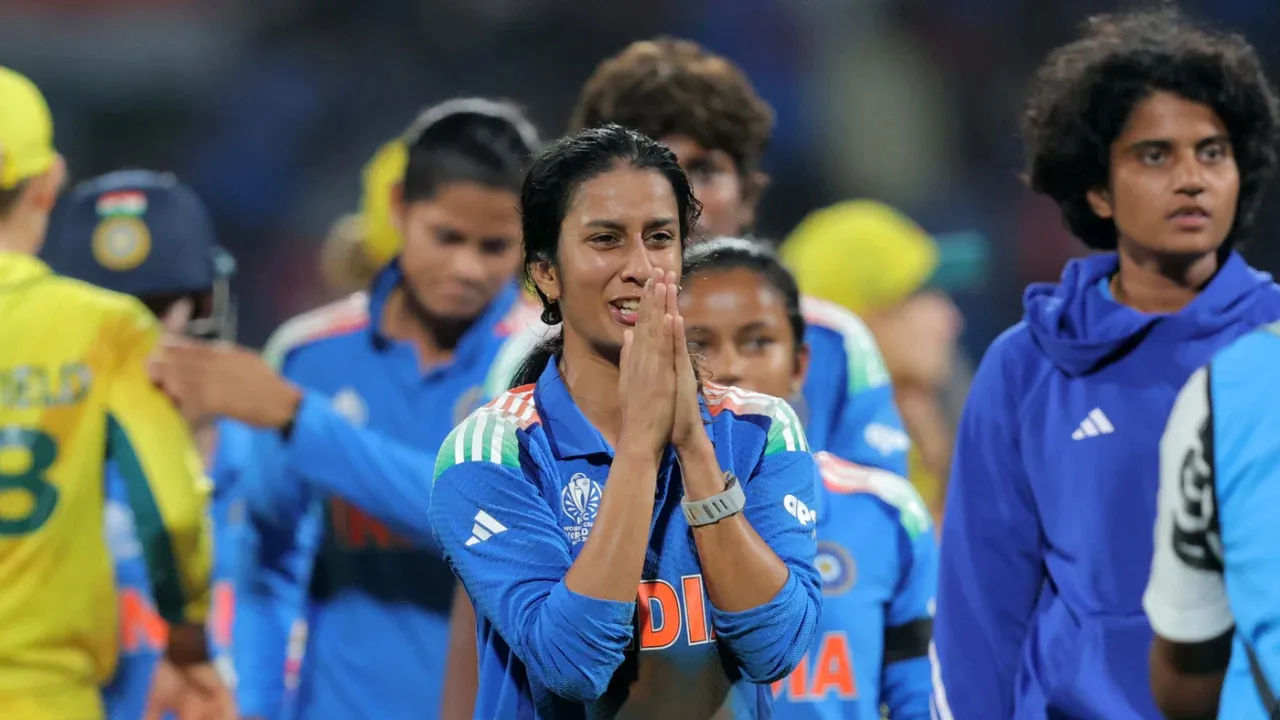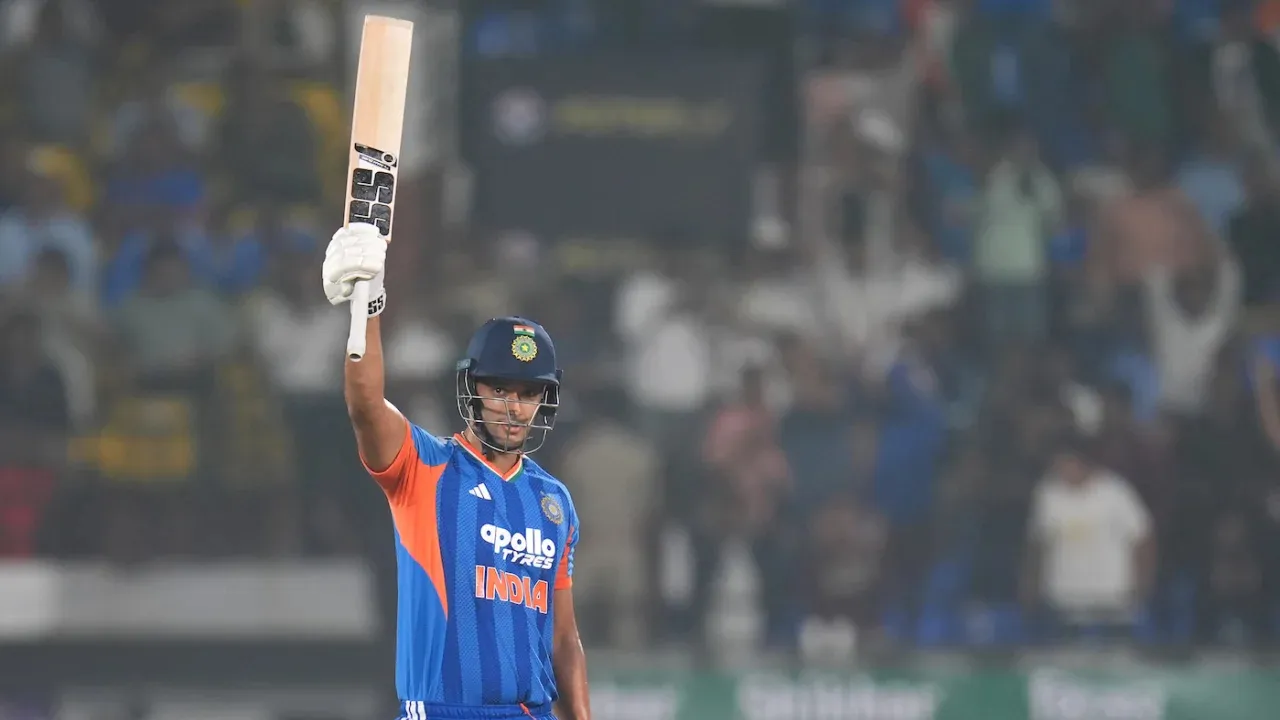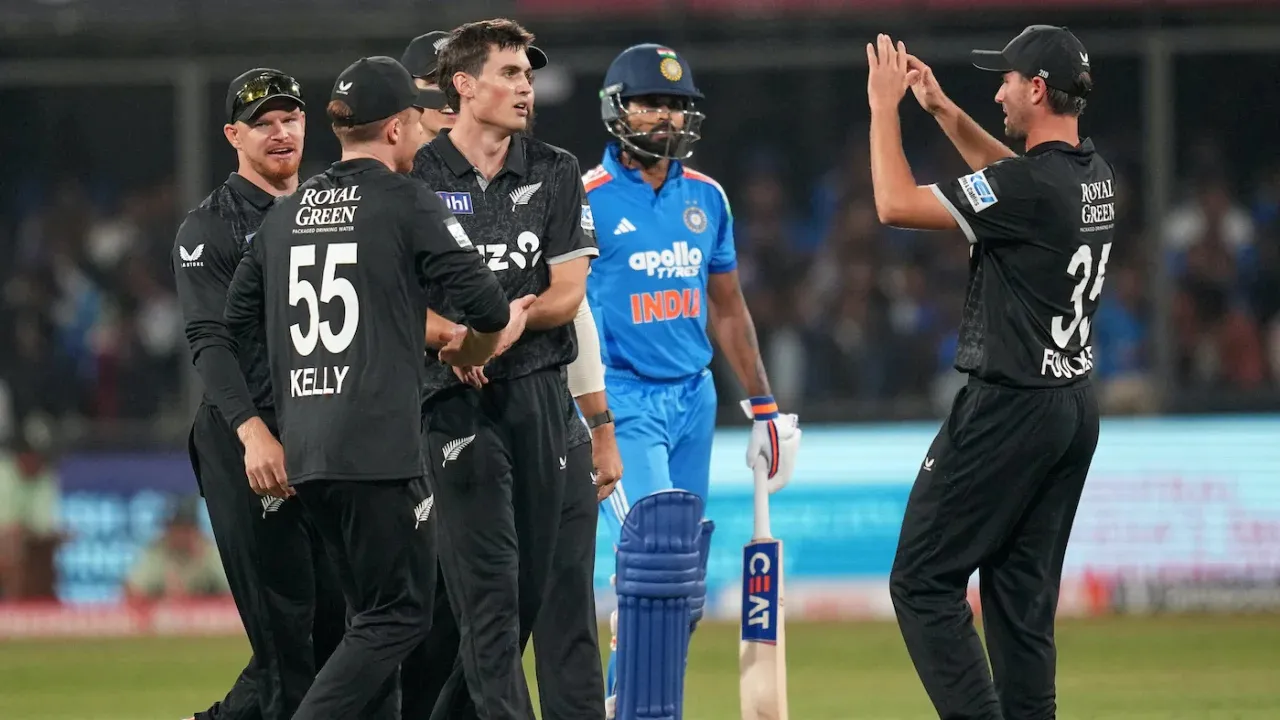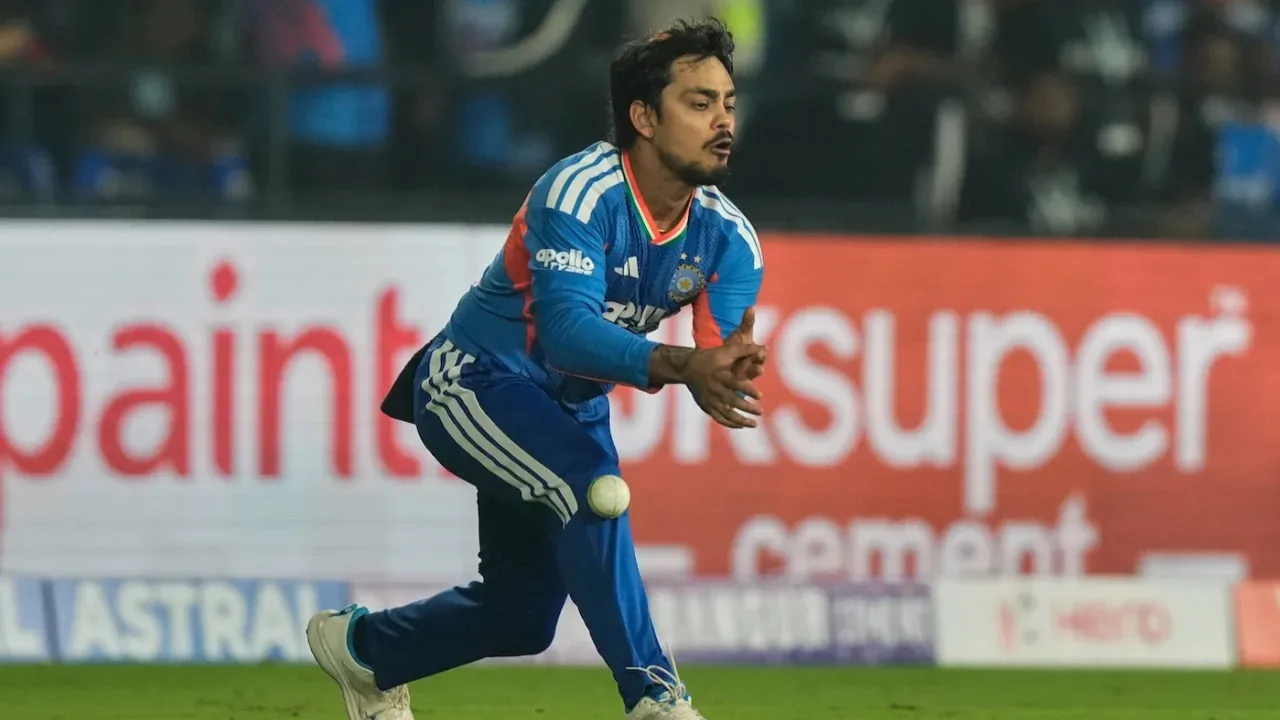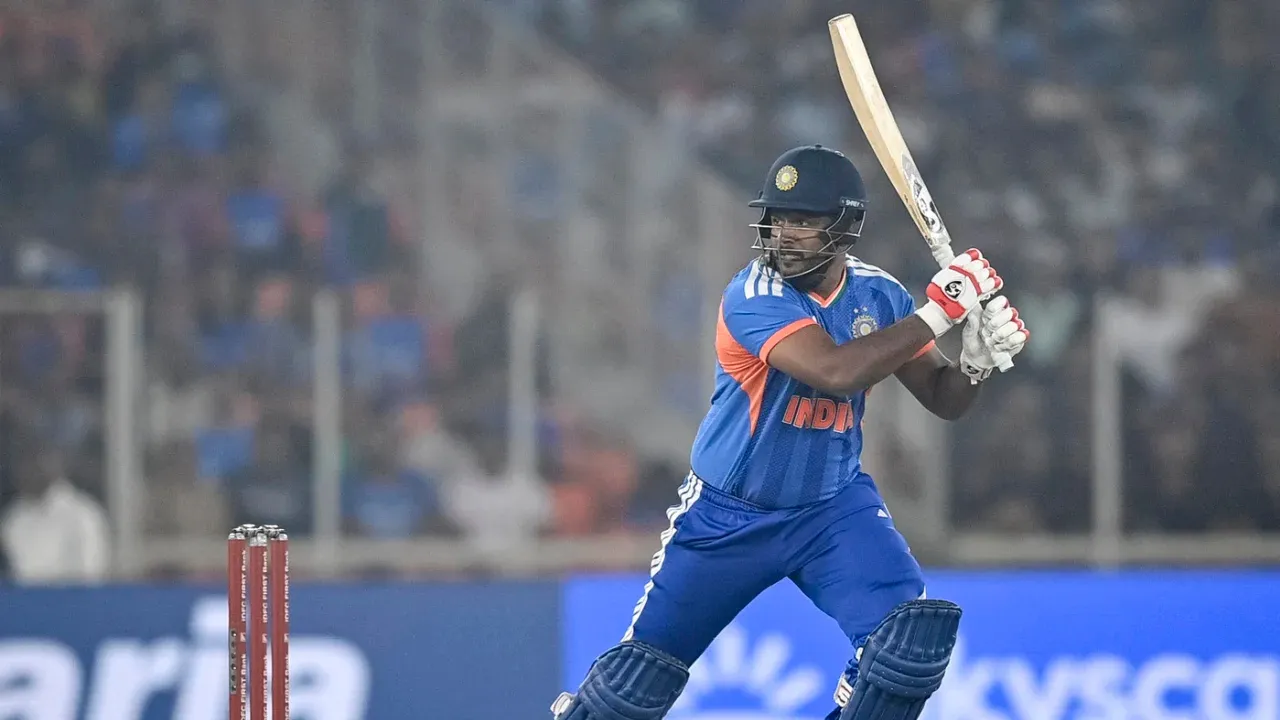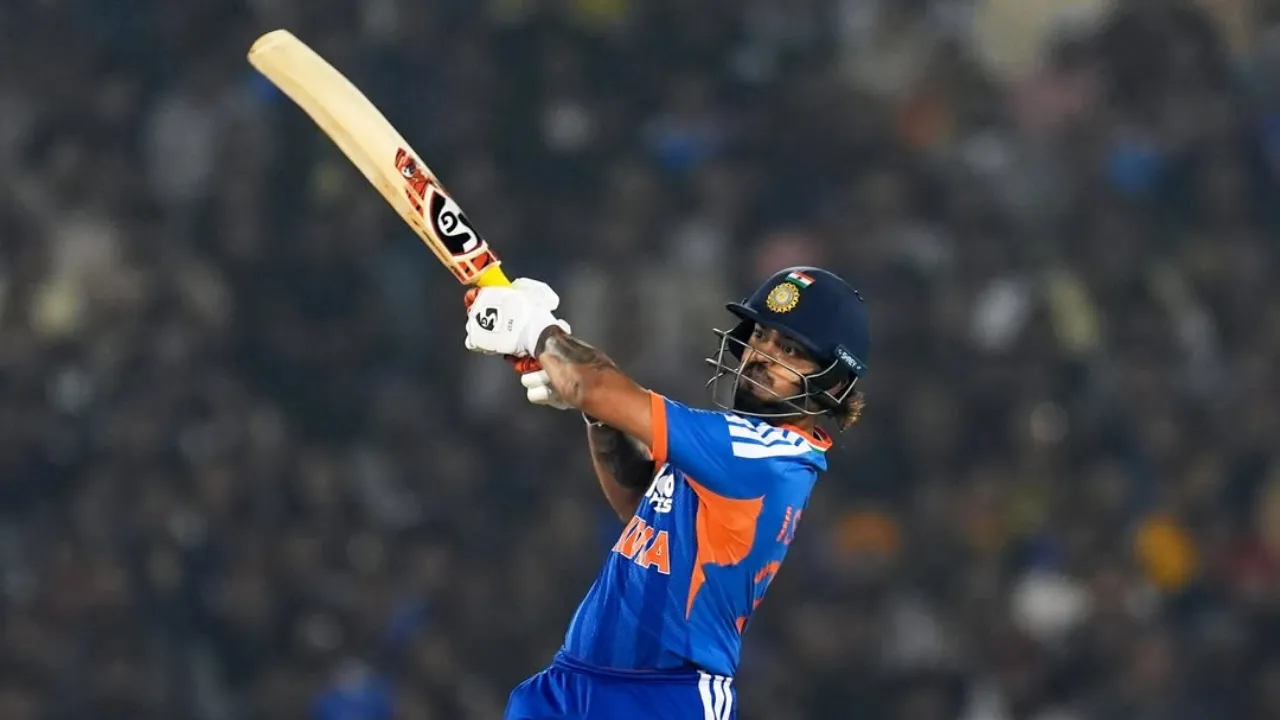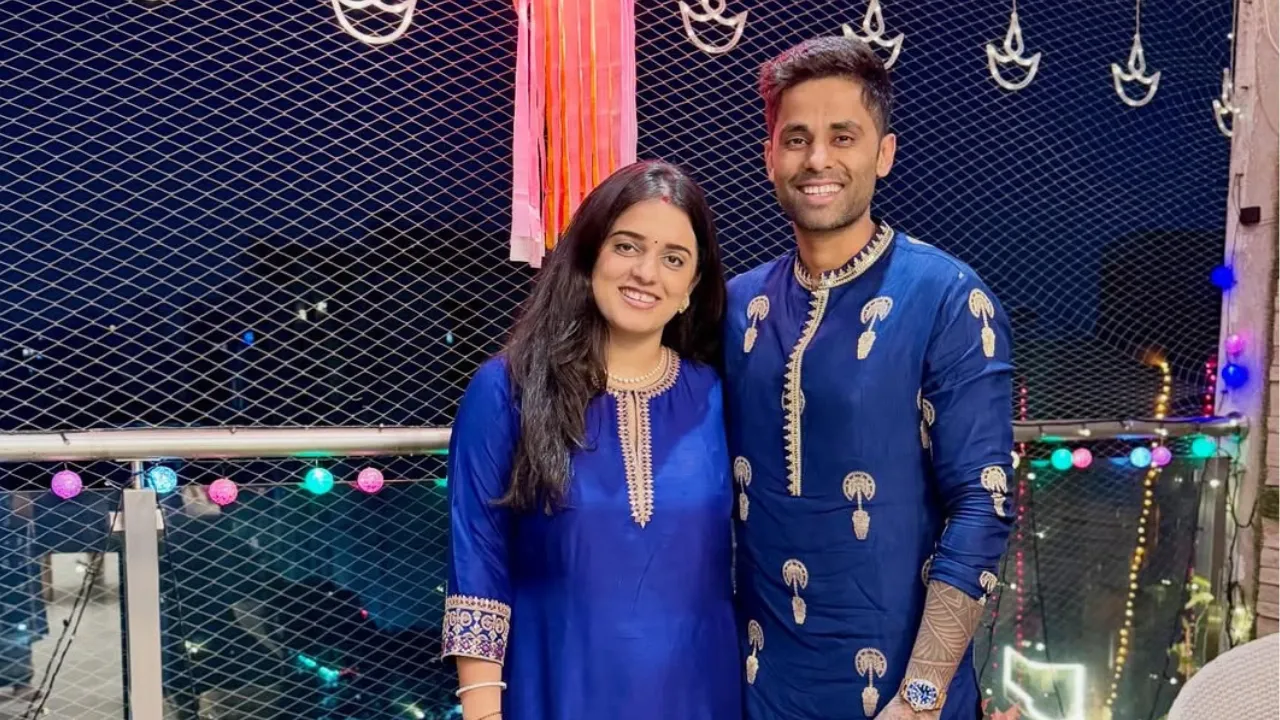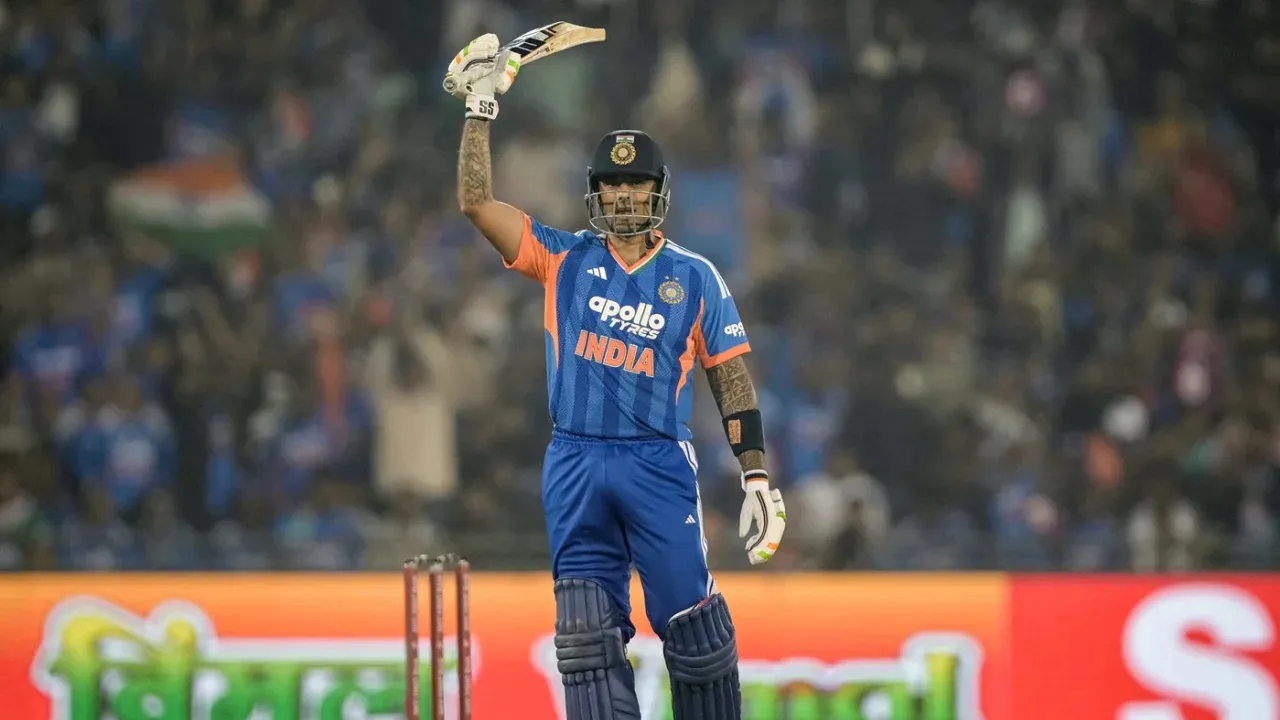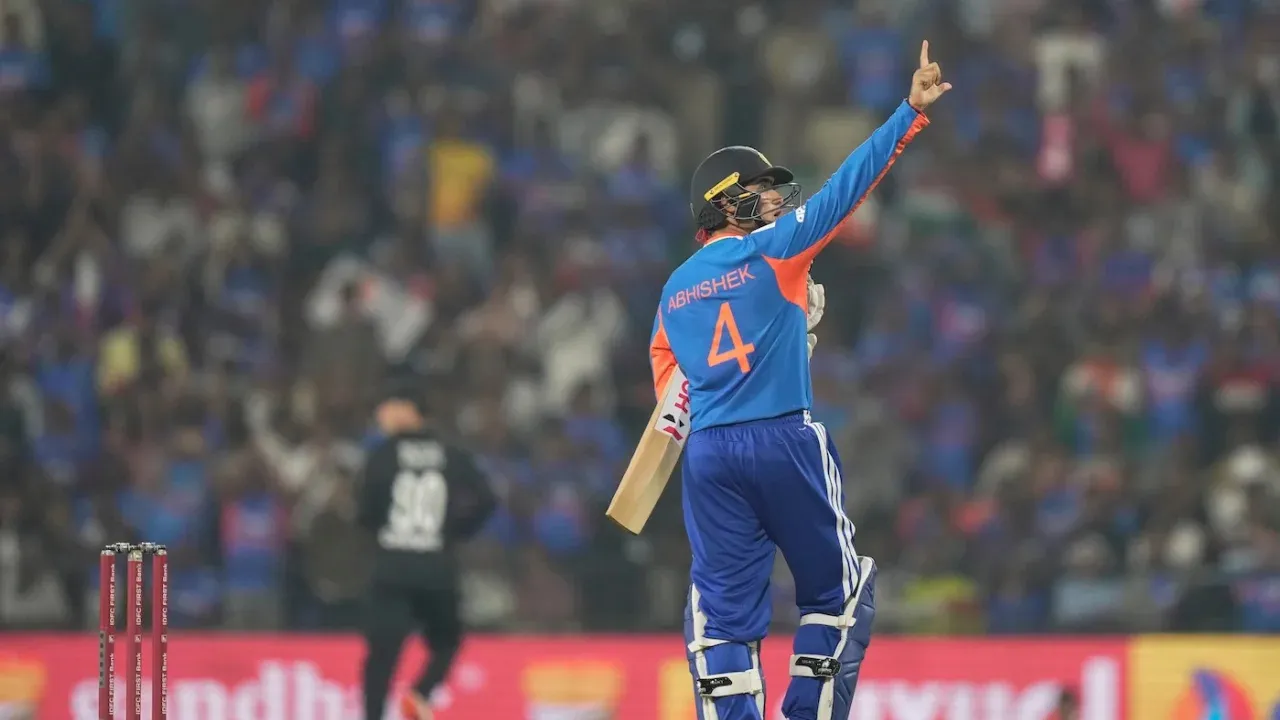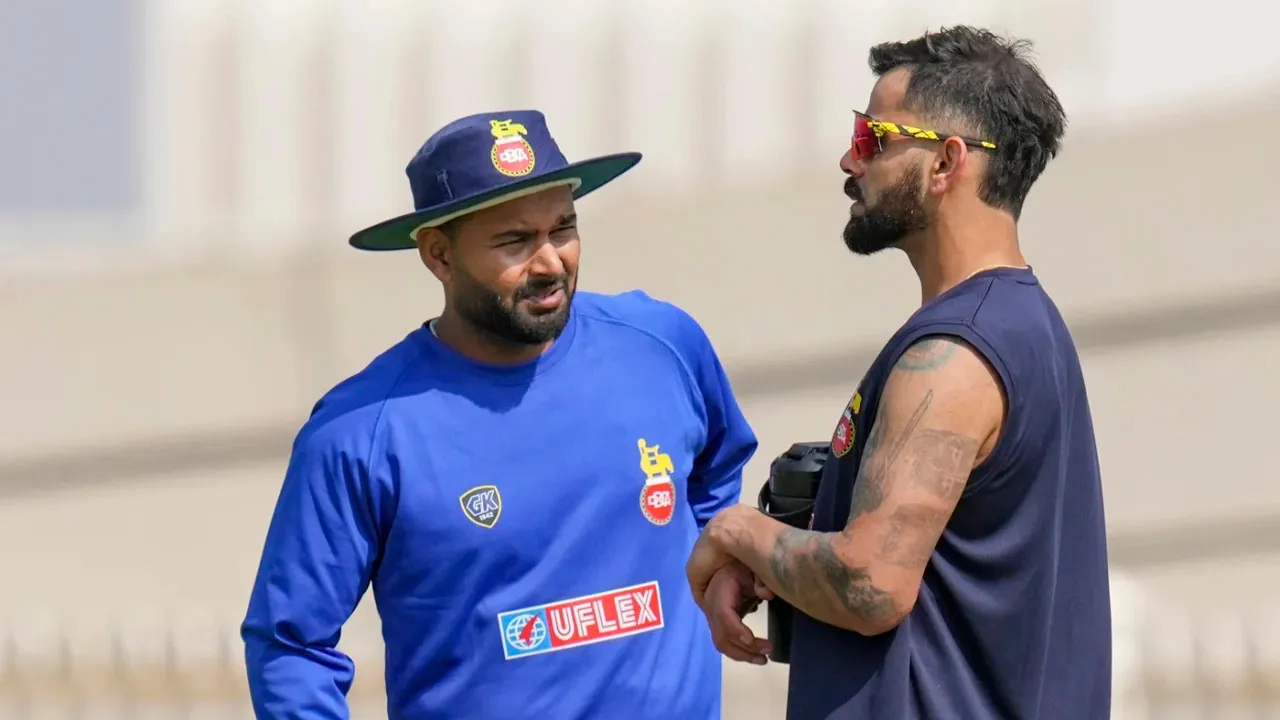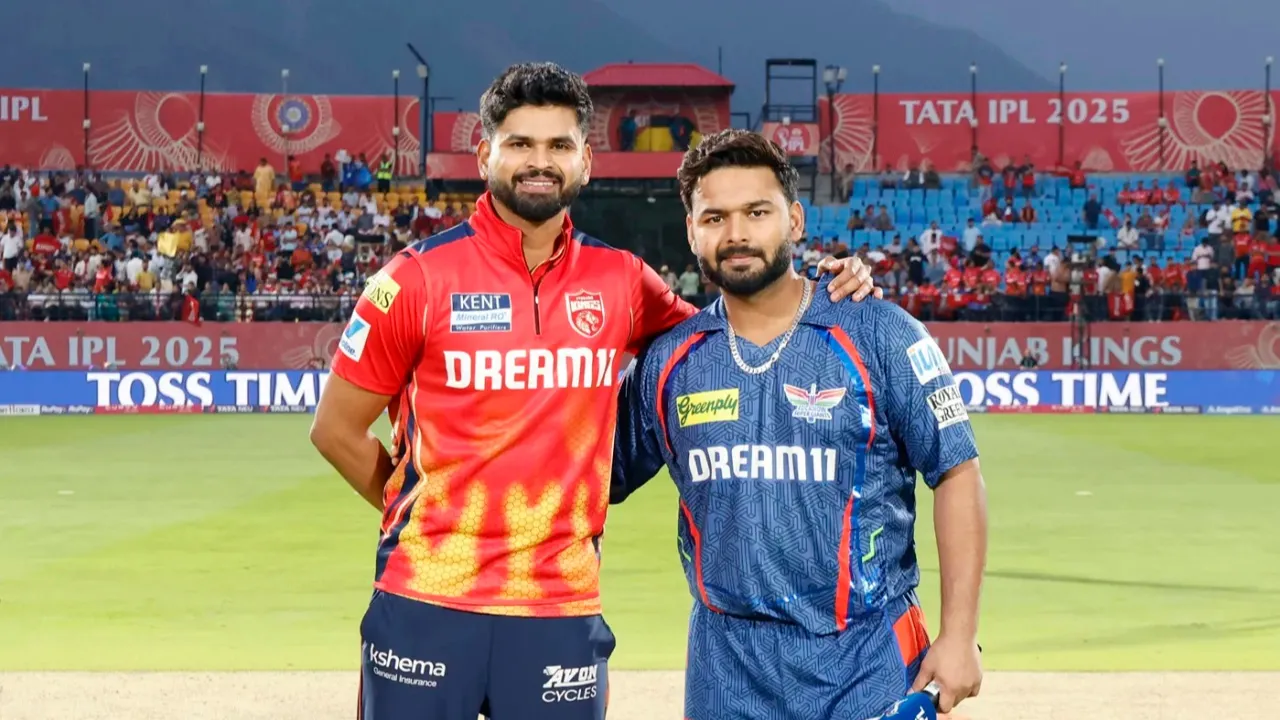Jemimah Rodrigues: “I have cried every day” — the emotional journey behind India’s World Cup final spot
When Jemimah Rodrigues walked off the field after an unforgettable semi-final against Australia, it wasn’t just a century on the scoreboard that had people talking. It was her openness — about pressure, anxiety, and the emotional cost of elite sport — that struck a chord with millions. Her unbeaten 127 not only sealed a historic win for India but also came with a candid admission: she had been crying almost every day through the tournament.
A night to remember: Jemimah Rodrigues anchors a record chase
India’s semi-final at DY Patil Stadium in Navi Mumbai will be remembered as one of the great matches in women’s ODI history. Chasing 339 set by Australia, India pulled off the highest successful run chase in women’s ODIs, with Jemimah Rodrigues playing the innings of her life — an unbeaten 127 that guided India to a five-wicket victory with nine balls to spare. Her knock came under immense pressure; she steadied the innings after early setbacks and formed a decisive partnership with Harmanpreet Kaur.
Why this innings mattered
Statistically, it rewrote records — the highest chase in women’s ODI history — but the human story behind it is just as significant. Rodrigues turned pressure into purpose, showing technical skill, composure, and a willingness to shoulder responsibility at a critical moment. That combination is what turned a match into a defining chapter of her career.
“I have cried almost every day”: opening up about mental health
After the match, Jemimah Rodrigues spoke to reporters with raw honesty. She revealed that she had been struggling emotionally during the tournament, saying she “cried almost every day” and battled anxiety. That admission is more than a personal confession — it’s a powerful reminder that high-performance athletes are human beings first, facing mental health challenges even as they perform on the global stage.
Why her honesty matters
When a high-profile athlete speaks openly about anxiety, it helps normalize conversations around mental health — especially in communities and sports cultures where such topics can still be stigmatized. Public figures like Rodrigues can influence fans, teammates, and young athletes to seek help and speak up, which is a real, measurable social good.
The context: setbacks, resilience, and a comeback
Rodrigues’ emotional struggle did not begin overnight. Reports note that she had faced previous setbacks, including being dropped from squads in prior seasons. That history, combined with the intense spotlight of a home World Cup and the pressure of expectation, adds weight to why the tournament was so emotionally draining for her. Yet she transformed that pressure into one of the most resilient performances of the event.
Support system and team dynamics
Teammates, coaches, family — all played parts in her journey. Post-match scenes showed both celebration and relief across India’s dressing room, and footage of an emotional moment with her father went viral, reinforcing how personal support helped her through. The way team culture handled the moment also suggests a healthier, more empathetic environment around Indian women’s cricket than in past eras.
What this means for India and the final
India’s win over Australia propelled them into the World Cup final against South Africa, guaranteeing a new champion for the tournament. For India, Rodrigues’ innings is more than a single victory; it’s a statement of belief that the team can perform under pressure and that its players can lead with both skill and vulnerability. The final now becomes an opportunity to translate that momentum and mental toughness into cricketing glory.
Lessons from Jemimah Rodrigues’ story
- Performance and vulnerability can coexist. Rodrigues demonstrated that admitting emotional struggle doesn’t weaken performance — sometimes it coincides with peak achievement.
- Mental health matters in sport. Her candor boosts awareness and may push sports bodies to strengthen mental health support for athletes.
- Resilience is built, not born. Overcoming being dropped and returning to form shows the long arc of development that elite athletes often travel.
- Leadership shows in many forms. Rodrigues led not only through runs but also by modeling honesty and courage off the field.
What to watch next: how to follow Rodrigues in the final
If you want to follow Jemimah Rodrigues in the final, check official broadcasters and the ICC’s channels for live coverage, player interviews, and post-match content. Expect tactical analyses that focus on how opponents might try to bowl to her, and keep an eye on pre-match features that often explore players’ mental preparation. The ICC and major sports outlets are publishing real-time updates and post-match footage, which will be useful for fans and analysts alike.
Final thoughts: a role model beyond runs
Jemimah Rodrigues’ unbeaten century will be studied in scorecards and highlight reels for years. But perhaps her most lasting contribution from this World Cup will be the candid conversation she helped start about mental health in sport. That combination — elite performance married to emotional honesty — is what makes her story resonate beyond cricket stadiums. As India heads into the final, fans will watch not just to see if Rodrigues can add another big score to her name, but to witness how a young athlete is reshaping the narrative around mental strength and vulnerability in elite sport.
Also Read: No. 18 Lives On—Rishabh Pant’s Tribute or Transition?
